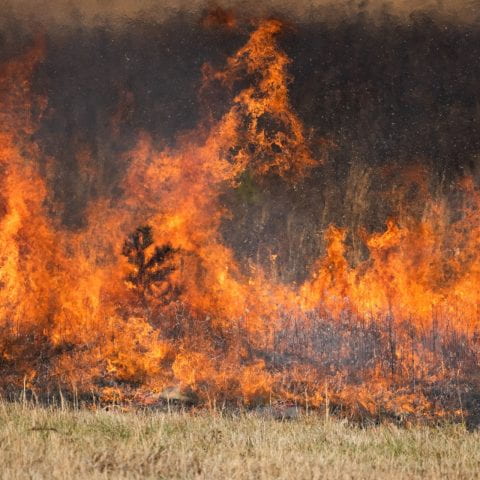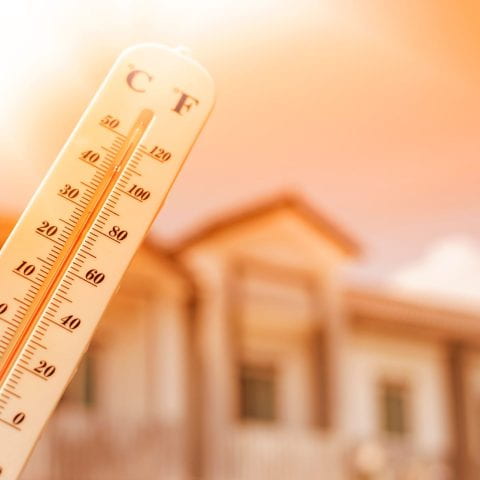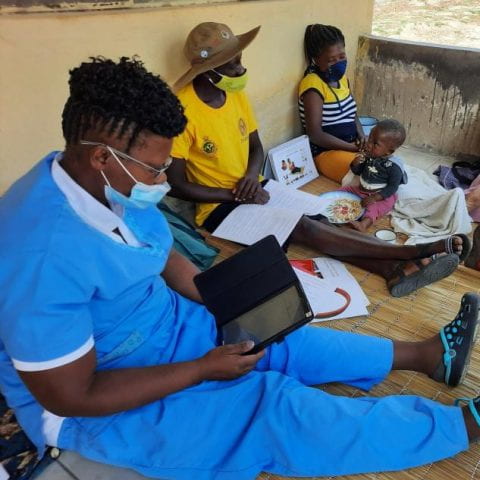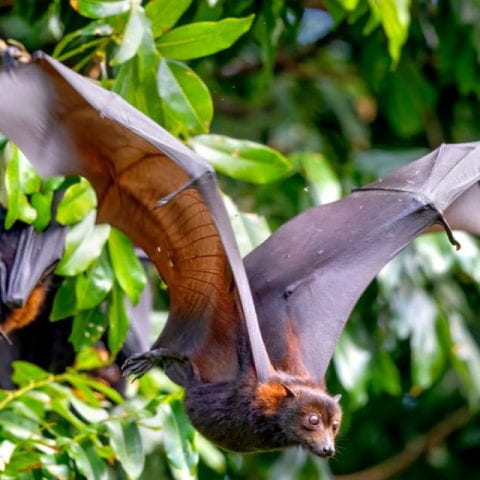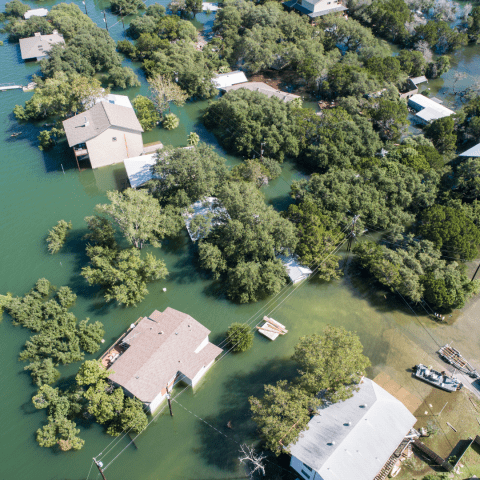Environment Climate & Health
In the vacant former Ulta Beauty space at The Shops at Ithaca Mall, eye-catching displays on a recent Saturday featured not cosmetics but brightly colored sticky notes, magic marker drawings, file cards, masking tape, yarn, pipe cleaners and Play-Doh Equipped with...
As FAS gets ready to officially kick off its Day One 2025 effort and looks back to the origins of Day One, it’s essential to also recognize the important policy innovations our community surfaced after that initial tranche of memos. It’s also useful to reflect on how FAS, as an organization, has developed institutional infrastructure to support more policy entrepreneurs, and to fully capitalize on policy windows – when those windows open widest. There may be no better example bringing all of these elements together than the work FAS staff, our partner organizations, and budding policy entrepreneurs have done and continue to do to change the way the U.S. addresses the wildfire crisis. The genesis of this work dates back to the…
The Supreme Court is set to hear arguments Monday on whether laws limiting homelessness are unconstitutional because they punish people for being unhoused The case is about laws in a small city in Oregon, but the outcome could reshape policies nationwide for years to...
In 2023, the Federation of American Scientists engaged 85+ experts in conversations around federal policies needed to address extreme heat, yielding over 100 recommendations to address extreme heat’s impacts and build community resilience. These recommendations represent the building blocks of a whole-of-government strategy on extreme heat, spanning six distinct topic areas: infrastructure and the built environment, workforce safety and development, public health, medical preparedness, and health security, food security and multi-hazard resilience, planning and response, and data and indices. Cornell Public Health’s Alistair Hayden and Amie Patchen helped author three policy memos…
A Cornell-led team has received a 3.2-million-dollar grant to study the effects of climate change on child malnutrition in Zimbabwe. Laura Smith ’07, Ph.D. ’16, assistant professor in the Department of Public and Ecosystem Health, is project lead on the Wellcome Trust grant, and will examine climate change data from the past 10 years for associations with nutritional outcomes including food security, dietary diversity and child malnutrition. “It’s quite a task because the data was not ever collected for doing longitudinal work,” said Smith. “But it’s a real treasure of data.” With nearly a quarter of children in Africa under the age of five considered nutrient-starved, and the continent’s increase in severe weather, biodiversity loss and…
While world public health agencies are focused on how to react to the next pandemic once it has started, a new plan proposes using ecological perspectives to prevent disease outbreaks before they happen, according to a paper published March 26 in Nature...
Recent advances in technology have allowed scientists to gather larger quantities of acoustic data from locations more remote than ever before As a result, the study of animal sounds can be used to inform species or habitat conservation and natural resource management...
Wildfires have increased dramatically in recent years, in part due to climate change. While more than 90% of wildfire-attributable deaths are due to smoke, less than 1% of wildfire funding goes to mitigating smoke hazards, with most government funding spent on preventing and extinguishing flames. Policymakers are remaking wildfire policy right now, and Dr. Hayden’s team, including Dr. Corinna Noel and two MPH students, Farida Yusuf and Hannah Morris, are conducting research funded by the Cornell Atkinson Center for Sustainability to get government stakeholders the information needed to act. The U.S. and Canada have seen unprecedented numbers and sizes of wildfires along with unforeseen reductions…
With anthropogenic climate change, vector-borne diseases are moving into new habitats. Understanding how and why governments respond to vector-borne diseases differently is critical to preventing disease outbreaks, morbidity, and mortality. Yet this crucial piece of public health policy is understudied. Dr. Willison’s Public Health Governance Lab, in conjunction with the HMP Governance Lab at the University of Michigan, is conducting a novel study examining variation in local mosquito control governance structures, and how heterogeneity in policy structures shapes the efficacy and equity of local mosquito control responses. These projects will help identify and reduce outbreak risks by improving the policy…
The Cornell University College of Veterinary Medicine has recently welcomed many new faculty members to our academic departments, each one bringing a unique set of skills and experience that enriches our college every day In this Q&A series, you'll get to know...
The Ithaca Green New Deal was adopted as a resolution in June 2019, committing the city to carbon neutrality across the community by 2030. Almost half of the city’s emissions are transportation related. “Transportation is a hard nut to crack,” notes Rebecca Evans, Director of Sustainability with the City of Ithaca, largely due to Ithaca’s hilly landscape and short-term populations. At an Ithaca Green New Deal steering committee meeting, Cornell Public Health’s Director Dr. Alex Travis approached Evans about a new collaboration between the City of Ithaca, Cornell Public Health, and Cayuga Health Partners (CHP)—an integrated network of over 40 primary and specialty clinical practices in the region…
A new kind of death is coming to Antarctica, scientists fear The harsh environment is full of everyday heartbreak: predation, starvation, chicks that are lost at sea when their icy shoreline melts away Now a novel pathogen threatens to rip through colonies of marine...


